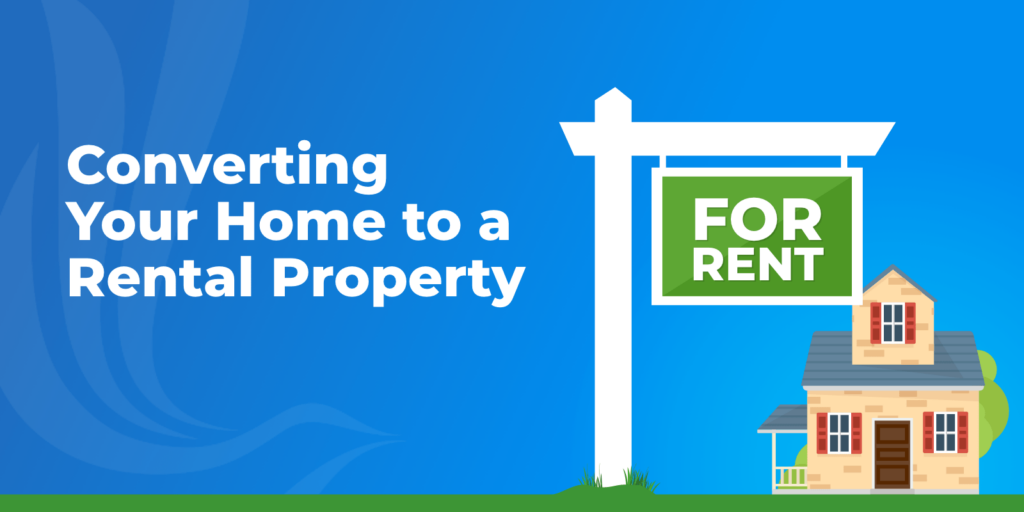
Real estate has long been considered one of the greatest long-term investments. Further, with the trend of minimalist living, many are turning their primary residences into rental properties. While converting your home to a rental property comes with passive income and tax benefits, it’s important to note the tax implications as well.
Benefits of Converting Your Primary Residence to a Rental Property
Passive income is just one of the benefits of converting your home into rental property, but there are plenty of others.
Tax Deductions
Deducting the expenses related to your rental property can decrease the income reported on your tax return. Every property is different, but the most common expenses you can deduct include:
- Cleaning and maintenance
- Property taxes
- Commission fees
- Repairs
- Insurance
- Mortgage interest
Depreciation Expenses
The IRS allows you to depreciate your rental property over a 27.5-year period in order to account for things like wear and tear and deterioration. Taxpayers can do this by taking the value of their home at the time of conversion, less the land value, and then dividing it by 27.5 years to calculate the annual depreciation expense. If your depreciation expense is greater than your rental income in a given year, no taxes are owed on the income.
Tax Impact of Selling a Rental Property
While the benefits sound nice, it is critical to understand the tax implications that come with not only owning a rental property, but also those that accompany selling one.
Capital Gains
In the selling process, timing is everything because it will determine the amount of capital gains tax paid, if any. Capital gains tax is tax owed on the profit earned on an asset upon selling it. It can be found by a simple calculation:
Final Sale Price – (Asset’s Original Cost + Expenses Incurred)
The IRS Section 121 exclusion allows taxpayers to exclude up to $250,000 of the gain from the sale of your rental property. The amount increases to $500,000 if married filing jointly. To qualify, the taxpayer must own and use the property as their primary residence for two of the past five years. If a taxpayer sells their residence during a time of using the property as their primary residence for only one of the past five years, they would no longer be eligible for the Section 121 exclusion. In this case, the taxpayer would need to report the gain of the sale in their taxable income.
Tax Debt Relief for Rental Property Owners
Tax implications revolving real estate can be extremely tricky. If you’re planning on converting your home to a rental property, it’s important to make sure you are keeping track of all rental property expenses and income to ensure accurate reporting during tax time. If you need tax help, give us a call at 800-536-0734 for a free consultation.